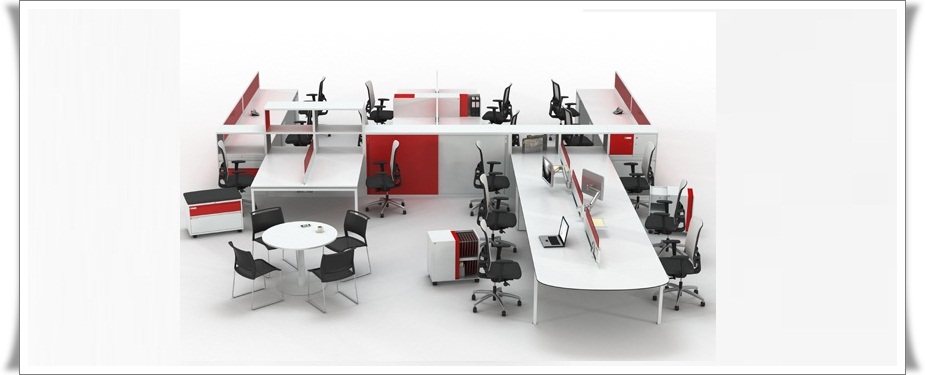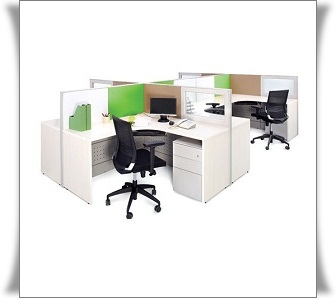Desktop PC Vs. Workstation
Today, even budget, commodity desktop PCs bought at an office supply store or discount retailer can be very efficient and powerful business productivity tools. Some users, however, require more computing power than a standard desktop computer can provide. These users often pay premium prices for high-end, built to order machines called workstations. Although desktop PCs and workstations can look the same on the outside, they are engineered to meet different user demands and expectations on the inside.
Users
Desktop PCs are well-suited for home or small business computer users. Desktop PC users can surf the Web, play media files, email, play games, chat and video conference. Desktop PCs can also run office productivity software like databases, spreadsheets, word processors and Web applications with ease. Workstation users on the other hand, are often scientists, engineers, architects and digital media content creators whose work requires much more computing power than the average small business computer user would ever need.

Performance
Entry-level desktop, notebook and netbook computers today have more raw processing and storage capacity than many high-end workstations had a decade ago. Nevertheless, today's workstations are engineered to outperform desktops in data analysis, image manipulation and data transfer. The speed difference between a workstation and a desktop may not be obvious, however, when running a word processor application or Web browser. A workstation's superior performance can best be seen when you need to encode and render images or video files, search through massive databases, recalculate large spreadsheets, manipulate computer-aided design drawings or run multiple large applications simultaneously.


